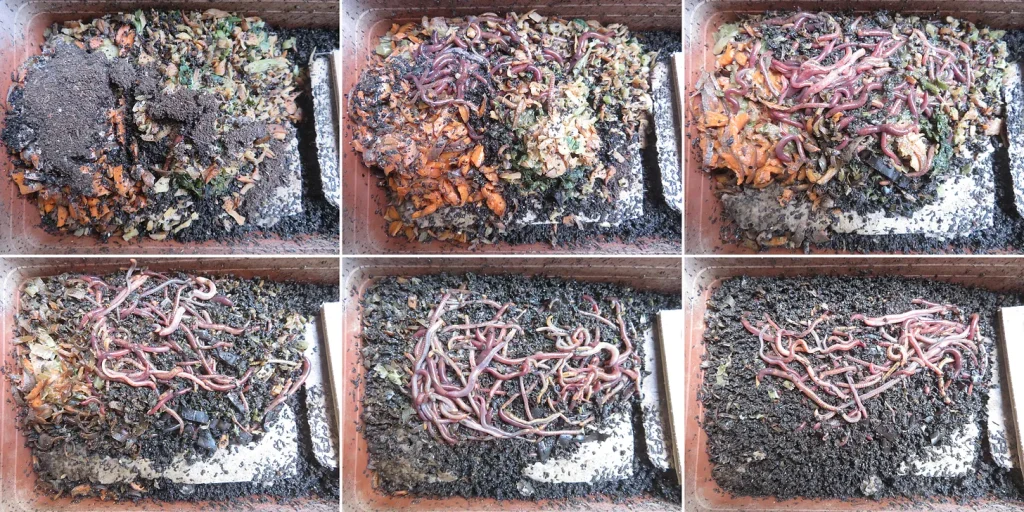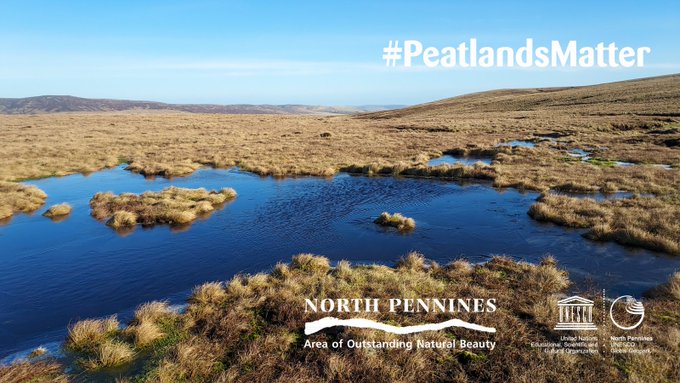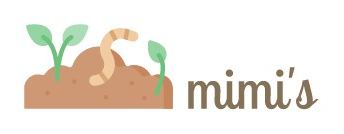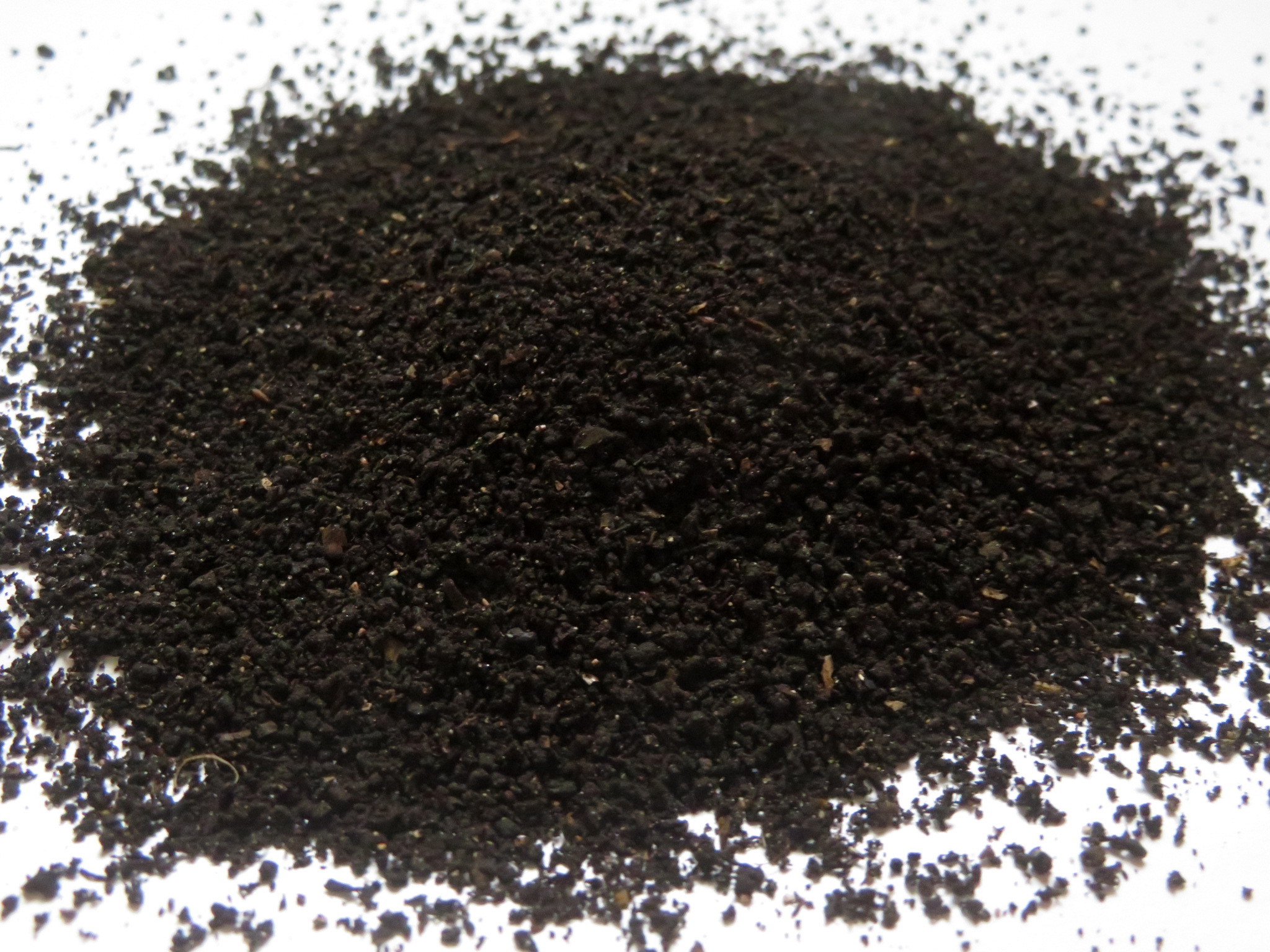
Vermicompost is basically the discharge of worms called “castings”. Sometimes it’s called “black gold” because it’s so valuable for soil amendment. Technically you could harvest vermicompost on the day you start. My worms are all descendents of the worms I bought in a fishing shop nearby in 2019, most likely European Nightcrawlers (Eisenia hortensis or Dendrobaena veneta), and they produce 2 – 3 mm long castings.

Vermicomposting is aerobic and “does not produce methane because methane-producing microbes are not active in the presence of oxygen. … On the other hand, composting in anaerobic conditions … releases methane into the atmosphere which is approximately 25-30 times more potent than carbon dioxide as a greenhouse gas“. For the same reason, it doesn’t emit nasty smells at all and some describe the smell of vermicompost as “earthy”.

Another extremely important characteristics of vermicompost is the disease-causing E-coli bacteria completely disappears when processed by worms (Worms mechanically mix mineral particles and organic matter through their digestive system and amazingly can increase or decrease the activity and number of beneficial or pathogenic microorganisms as required by nature).

My vermicomposting method, after four years of trial and error, is unique and I can’t find any similar method on the internet. It’s made up with 100%* recycled materials: vegetable and fruit scraps, egg shells, used office paper / cardboard, and used soil.
❖ Vegetables and fruits are purchased in regular (super)markets and scraps are collected from regular (super)markets, i.e. they are not confirmed organic.
❖ Eggs are EU-coded #3 (cage-grown).
❖ * At this point, after I ran out of used soil, I buy new soil, thus it’s not 100% in practice, but it’s 100% in concept, and I’m planning to find a way to collect enough used soil as I expand my operation.
❖ I use tap water of Budapest.

I don’t use peat, mainly because I didn’t know how to obtain peat in Hungary at first, but now I learned that peat mining is damaging peatlands. I also learned that vermicompost can be a substitute for peat.

Some producers claim that their vermicompost is 100% pure, but I wonder how. I believe that the purity of my vermicompost is over 90%. Some bits of egg shells don’t go through the worms (whiter / light brown grains). Some skins of vegetables and fruits are not consumed (possibly because of the chemical protecting the skins).

